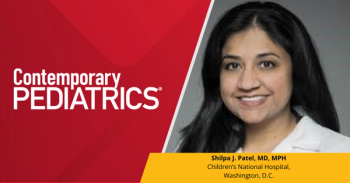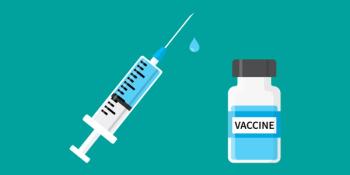
- October 2024
- Volume 40
- Issue 9
Cannabis is useful and safe in epilepsy
"Many of my patients with poorly controlled seizures have tried cannabidiols. Unfortunately, they have not been effective in these nonsyndromic epilepsies," said Jon Matthew Farber, MD.
A retrospective study in 36 children with Lennox-Gastaut syndrome (LGS), Dravet syndrome (DS), or another drug-resistant epilepsy (DRE) found that cannabidiol treatment reduced seizure frequency in two-thirds of patients and was not associated with adverse effects.
After participants had received prescription cannabidiol for 3 months, reduction in seizure frequency of all seizure types was measured by the Engel outcome scale: class I, free of disabling seizures; class II, rare disabling seizures; class III, worthwhile improvement; and class IV, no worthwhile improvement. According to electronic medical records, most LGS, DS, and DRE patients, namely 50%, 66.7%, and 40%, respectively, experienced a class III Engel outcome. Only 33% of participants experienced no clinical benefit from cannabidiol. In addition, most participants did not have any adverse effects from cannabidiol, though about one-third of LGS patients reported sleepiness. Investigators noted, however, that further studies are needed to determine the long-term efficacy and safety of cannabidiol.
Thoughts From Dr Farber:
There are, of course, concerns with long-term cannabidiol use, but that also is the case, if not more so, with traditional antiepileptics. Many of my patients with poorly controlled seizures have tried cannabidiols. Unfortunately, they have not been effective in these nonsyndromic epilepsies.
Reference:
Hovey SW, Jacobson JL. Efficacy of cannabidiol in pediatric patients: postmarket experience at a single center. J Pediatr Neurol. 2024;22(1):44-49. doi:10.1055/s-0043-57008
Articles in this issue
about 1 year ago
1-month-old boy with annular, red plaques on his scalp and faceabout 1 year ago
Painful passage of vaginal mass after discontinuing OCPabout 1 year ago
Study shows dengue vaccine is safe and effectiveabout 1 year ago
What to expect during the 2024-2025 flu seasonabout 1 year ago
Do increased interventions benefit children with autism?Newsletter
Access practical, evidence-based guidance to support better care for our youngest patients. Join our email list for the latest clinical updates.








